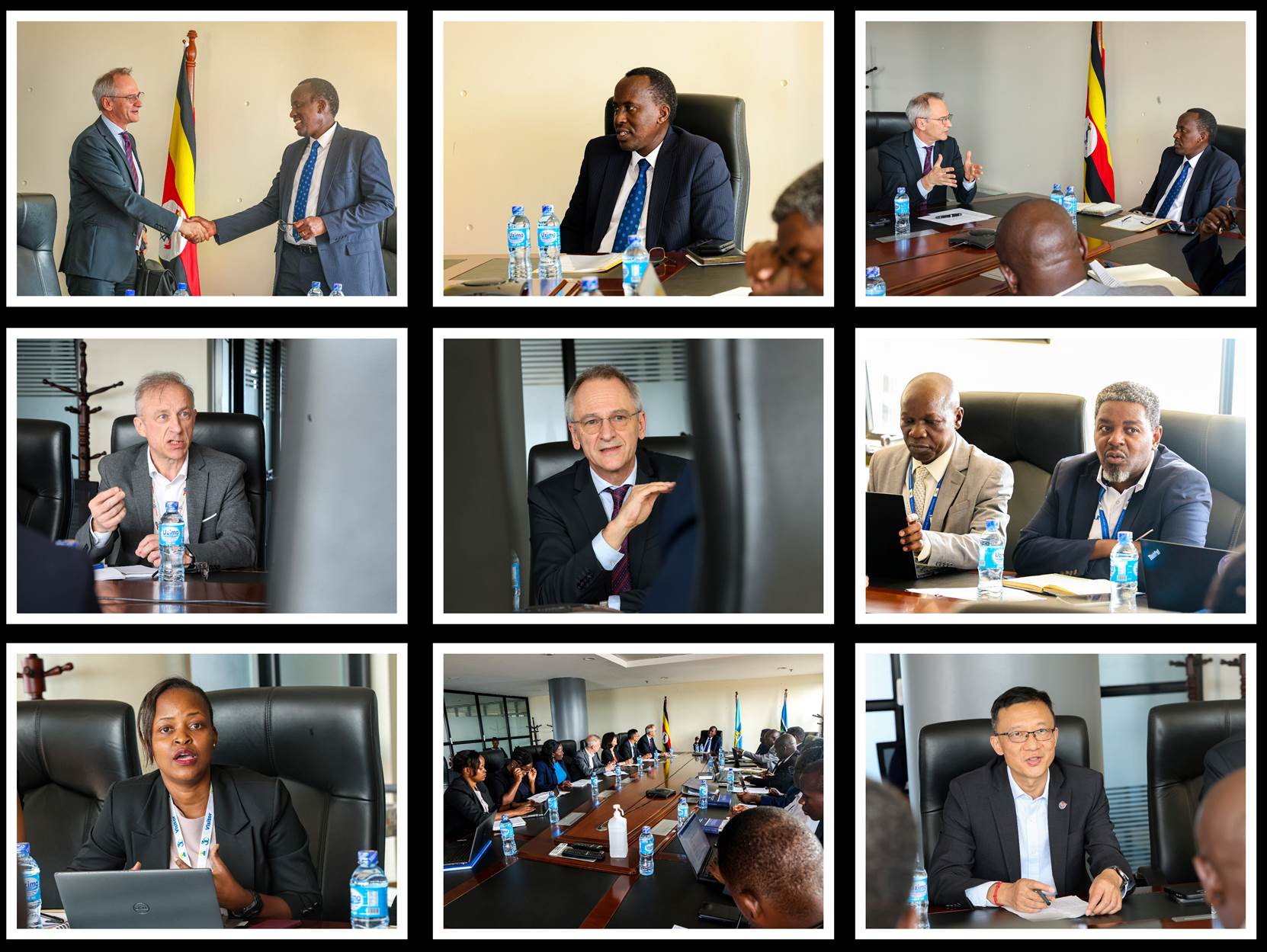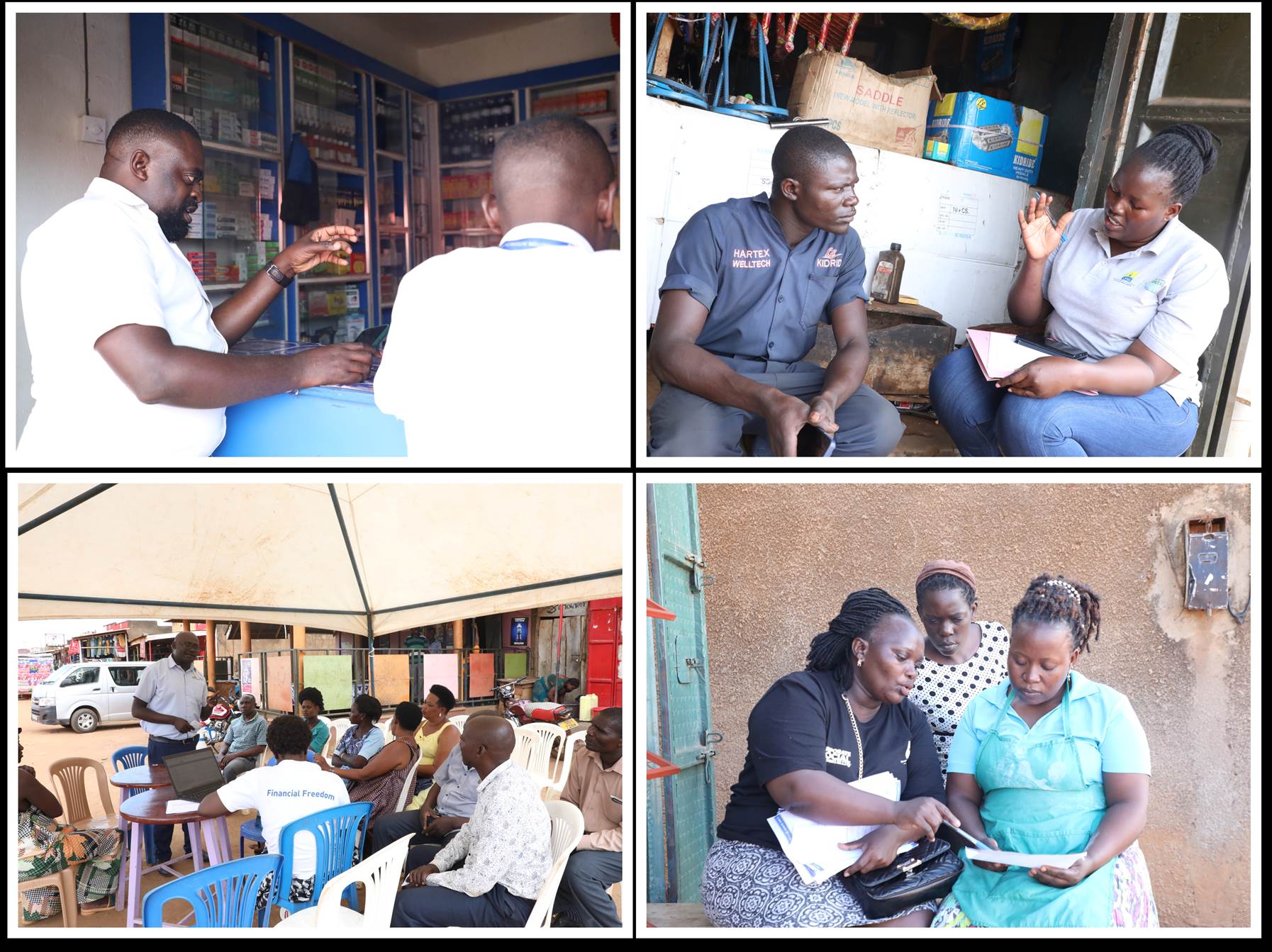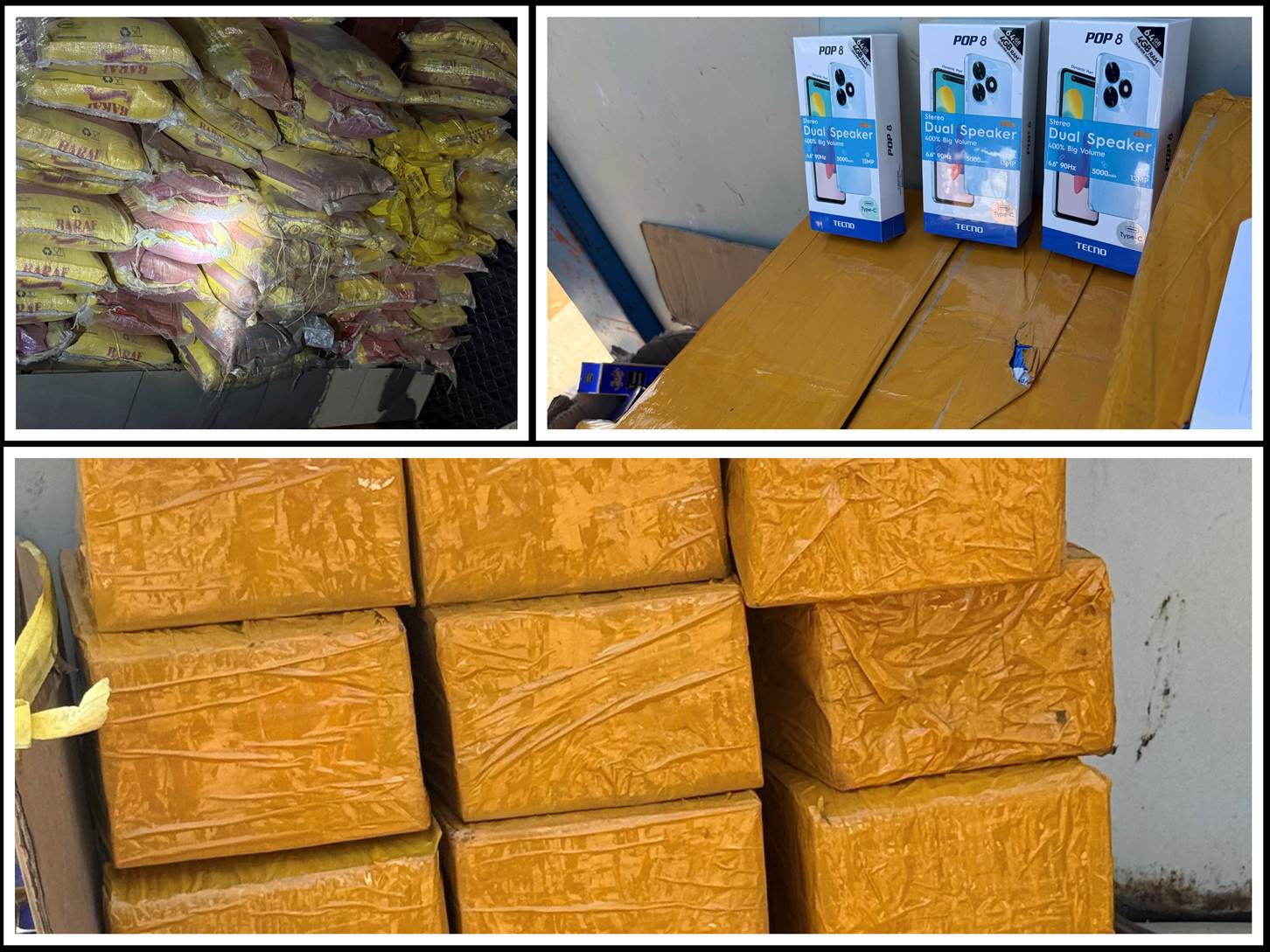by Elizabeth Nakiru
Patience T. Rubagumya, the Commissioner Legal Services and Board Affairs joined the URA Feedback Loop, an initiative by URA to have taxpayers ask questions and receive instant feedback on online platforms. She shed light on understanding ADR, how it operates and its use as broken down in the Question and Answer edition below:
ADR is a process where the taxpayer and URA voluntarily agree to settle a tax dispute outside the Tax Appeals Tribunal or the Courts of Law. Some of the mechanisms used under ADR are; reconciliation, mediation, negotiation and settlement.
On average the ADR process takes a period of 2 months to be completed. These 2 months start running from the date of receipt of your application for the matter to be resolved through ADR.
The increased number of tax disputes can be attributed to the increased awareness by the taxpayers of their rights and obligations. URA recently updated its Client Service Charter which contains the taxpayer rights and obligations and the URA service standards. One of the URA’s key strategies is to enhance taxpayer education. Part of the end result of this is the increased levels of awareness hence the increase in the number of tax disputes.
DR is not going to rule out the normal objection process. On the contrary, ADR is meant to compliment the objection process. The ADR process can be done after a taxpayer has filed an objection with URA, and an objection decision has been communicated to the taxpayer by URA. Where the taxpayer is dissatisfied with the objection decision, the taxpayer can opt to engage in ADR with URA as opposed to challenging the objection decision through the court process.
S.66(1a) of the Tax Procedures Code Act empowers the Commissioner to compound an offence committed by a taxpayer under a tax law. This can only be done where the taxpayer voluntarily discloses to the Commissioner the fact that he committed this offence. This disclosure can be made at anytime only if court proceedings in relation to the tax offence by the taxpayer haven’t commenced. Where a matter is compounded,the taxpayer will only pay the outstanding unpaid tax and he/she will not be penalized to pay any interest or fines. This Voluntary disclosure must be in writing and the taxpayer should request the Commissioner to enter into a compounding agreement in relation to the offence.
A taxpayer who is aggrieved with a tax decision can either apply to resolve the dispute amicably through Alternative Dispute Resolution mechanisms including mediation or settlement) or file an application in the Tax Appeals Tribunal to have the matter resolved through the judicial system.
Where parties fail to agree, then an ADR report is generated stating failure by the parties to reach an agreement. The taxpayer is at this point advised to either pay the taxes in contention or explore other dispute resolution options like the Tax Appeals Tribunal.










